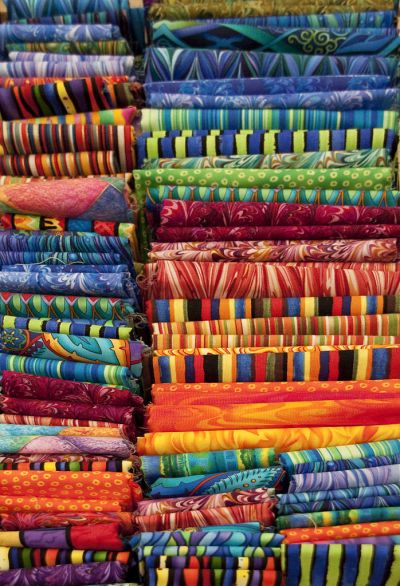Man-made fibres such as polyester, acrylics and elastane make up around 75 % of the total fibre market in Europe. Since these synthetic fibres are mostly made from non-renewable petrochemicals, there is an urgent need to find alternative biological sources of raw materials.
The EU-funded
ECOLASTANE project aims to develop biologically sourced polyester and elastane textiles by turning plant biomass into the chemical building blocks of these fibres.
Researchers will produce the chemicals furfural and hydroxymethylfurfural (HMF) from lignocellulosic feedstocks (cellulose, hemicellulose and lignin) to manufacture elastane for fibres like spandex and polyester. They will develop a new process to overcome current limitations of bio-based fibres, which include energy-consuming, inefficient furfural production and high HMF industrial production costs.
The first step is to test a range of biomass types and improve pre-treatment procedures to reduce the current processing costs of lignocellulosic biomass. Next, they will optimise production of furfural and HMF from 5- and 6-carbon sugars, respectively, which are the breakdown products of hemicellulose and cellulose.
Researchers will then use these sugar-based products to create molecules that will be combined into long chains of repetitive units called polymers. Finally, polymer chemical structures showing the best performance in laboratory trials will be used to create novel, price-competitive elastane and polyester fibres.
To date, researchers have selected three types of biomass (myscanthus, almond shell and pine sawdust) for chemical characterisation and industrial pre-treatment. They have produced 5-carbon and 6-carbon sugar extracts, and are optimising the subsequent synthesis of polymers for elastane (70-100 % bio-based) and polyester (100 % bio-based) fibres.
Once developed, consortium partners in the textile industry will validate and test ECOLASTANE's new fibres, and an end user will produce a woven textile final product. Apart from being an eco-friendly alternative to using petrochemicals, ECOLASTANE's technology will be independent of rising crude oil prices, making it highly cost effective.

